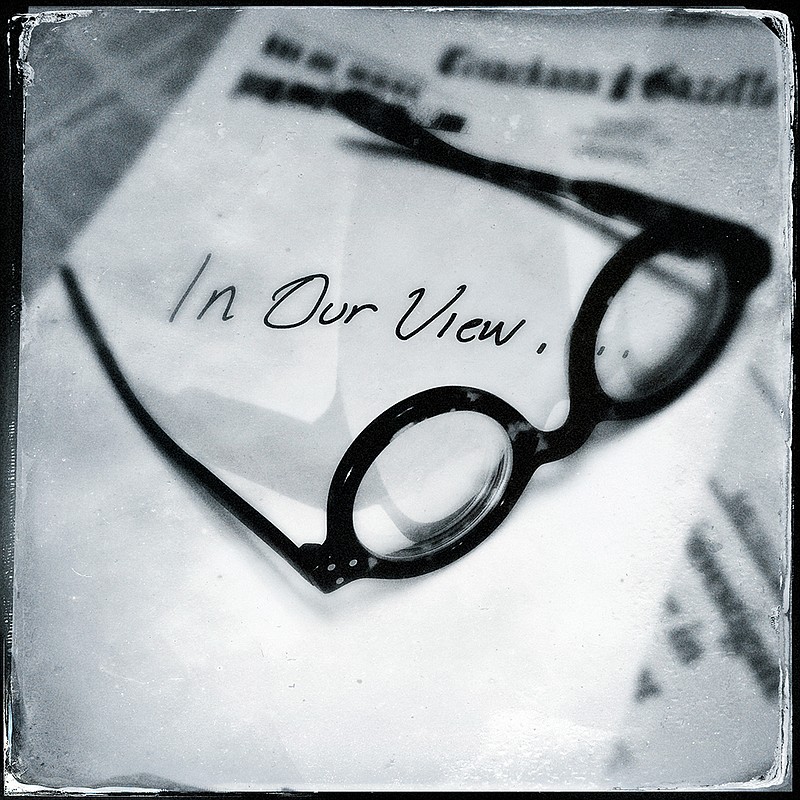Back in 2009, Indiana Gov. Mitch Daniels quietly tried to ban the works of historian Howard Zinn from Indiana public schools.
Zinn, who died in 2010, was a political science professor at Boston University. His books, particularly 1980's "A People's History of the United States" have been lauded by some for giving voice to areas of our nation's story that have been overlooked, decried by others who see his writings as radical, even anti-American.
Zinn has written extensively on the struggles of minorities, women and the working class, which he contends have been exploited over our country's history by the moneyed and political elite. He also self-identified as "something of an anarchist, something of a socialist. Maybe a democratic socialist." That didn't win him any fans among conservatives.
Daniels' emails on Zinn and his books were uncovered by The Associated Press in 2013. They caused quite a stir. Daniels, who by then was president of Purdue University, was roundly criticized and accuses of attempted censorship.
The Zinn Education Project, set up to promote the teaching of people's history, was delighted, however. Sales of Zinn's books skyrocketed as the public rushed to see what all the fuss was about. The foundation invited other states to go for a ban, saying it would only serve to introduce Zinn's work to more and more people.
They may get their wish.
This week Arkansas State Rep. Kim Hendren, a Republican from the far northwest portion of the state, introduced a bill banning all of Zinn's works from public and charter schools. The bill is now before the House Committee on Education, where hopefully more reasonable heads will prevail and it will die before it gets any more notice.
It doesn't matter what one thinks of Zinn. We don't particularly like or agree with his ideas about the nation and our shared history. But the idea of singling him out for a ban strikes us as more anti-American than anything Zinn ever put down on paper. Zinn's books may send the wrong message to students, but the message Hendren's bill would send is far worse.
Plus, we agree with the Zinn Education Project-the controversy would only serve to promote their mission. In other words, the bill, if passed, would backfire. Big time.
We don't want to see Zinn taught in Arkansas schools. But we don't want to see censorship promoted as a viable way to settle disagreements over ideology either.

